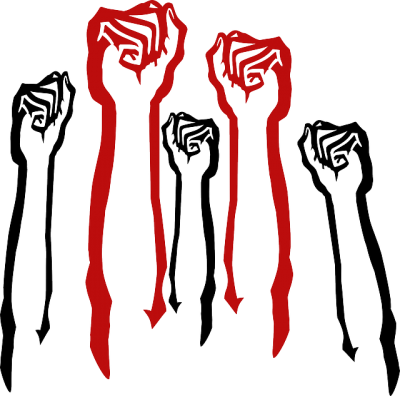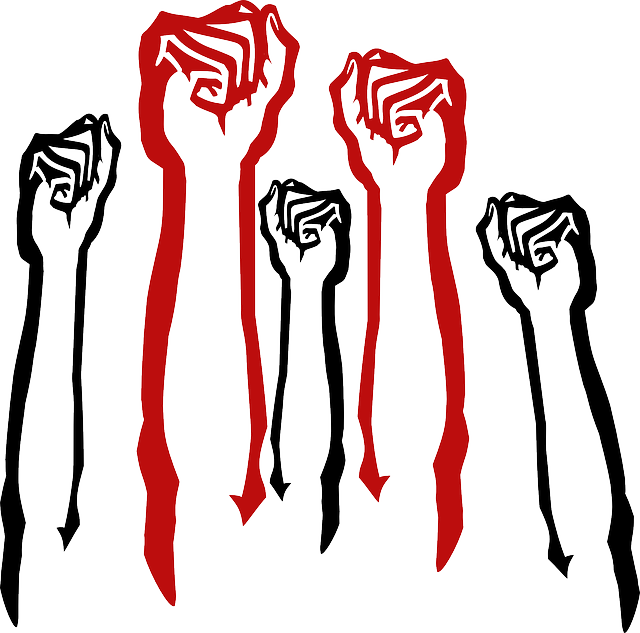
In 2013, I went through an educational experience in Poland courtesy of Heritage Seminars. The name of the program says it all. Not only did we visit the places where Jewish life in Europe vanished, but also the sites where the notion of Jewish community flourished. The latter needs be examined more in today’s society where we have an obligation to be outspoken against injustice. The primary lesson I learned from that experience was to treat everyone with dignity. Therefore, I believe that when we say “Never Again,” we must mean it to include issues abroad and in our own neighborhoods.
To paraphrase Ronald Reagan, “All great change in society begins at the dinner table.” Power is not just an element of an order from the top-down but also vice-versa. Activism is where people at the bottom demand those at the top take action against important issues they are turning blind eyes to, such as human trafficking (according to the National Human Trafficking Resource Center there were 5,042 cases reported this year in the United States). There are societal ideas that are widely-accepted such as universal healthcare, education access for all, and helping the elderly; activism can even include such seemingly small acts as volunteering at a local soup kitchen. I know I have to treat my fellow human beings with respect even if my views might differ from theirs, but today, both the top and the bottom often lack the ability to tolerate different views.
An example of this is lack of tolerance from the bottom was seen recently at Stanford, where student Molly Horwitz published an op-ed in the Stanford Daily about being asked last month by the Students of Color Coalition—whose mission is to ostensibly “advocate for and foster campus diversity of all forms including thought, socioeconomic backgrounds, sexual orientation, gender identity, political views, geographic origins, and religious beliefs”—whether her “strong Jewish identity” would affect her vote on a BDS resolution, which passed the month before.
We need to say “Never Again” no less forcefully when we hear news of atrocities happening internationally. Islamic extremism plagues the Middle East and Africa, including al-Shabab’s recent massacre by 148 civilians at a Kenyan university. Iran is still executing its people in the streets of Tehran. China continues its oppression in Tibet. Global anti-Semitism continues to threaten the safety of Israel and Jews worldwide.
Elie Wiesel once said, “I swore never to be silent whenever and wherever human beings endure suffering and humiliation. We must take sides. Neutrality helps the oppressor, never the victim. Silence encourages the tormentor, never the tormented.”
Today, the ability to raise awareness about conflicts at home and abroad is easier than ever. Anyone with a computer and determination can make a difference by signing or starting a petition on change.org. You may not be able to change the world with just a hashtag, but hashtactivism can at least raise awareness in an age where technology is a primary source of information. Of course, even in a word where word can be spread across the globe at the click of a button, action still speaks louder than words.
After my experience in Poland, I realized the need to be proud of my Judaism and that I have a moral obligation to stand up against injustice everywhere, to epitomize the call of “Never Again.” When somebody disassociates from his or her Jewish identity out of fear, it is a victory not just for anti-Semitism, but for bigotry in general.
Jackson Richman is a student at The George Washington University.

